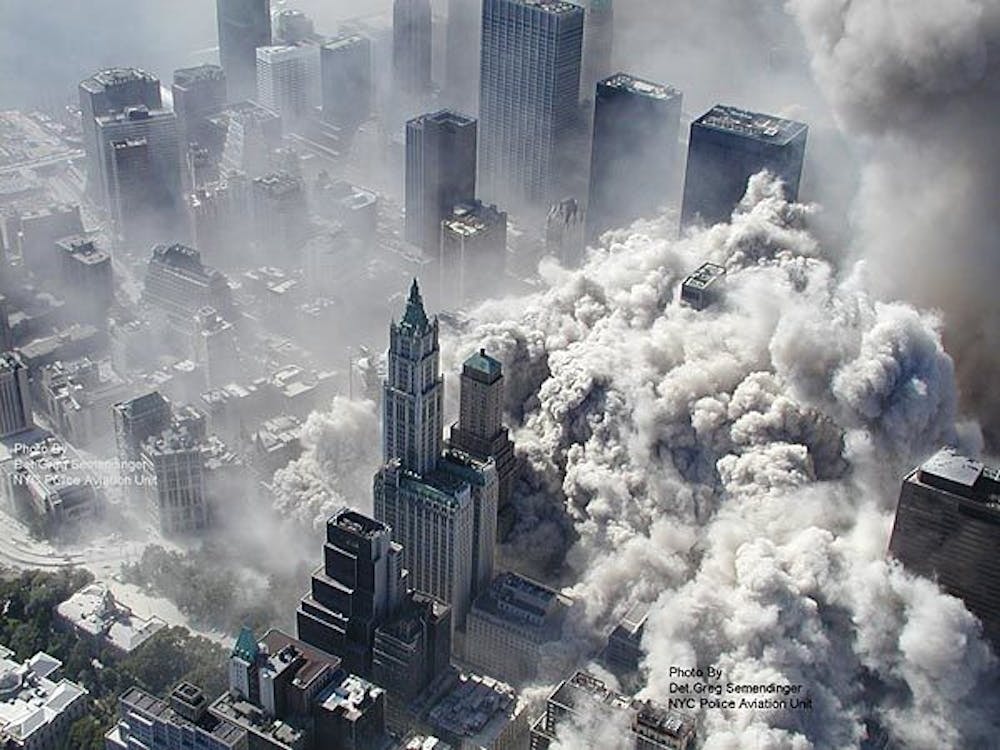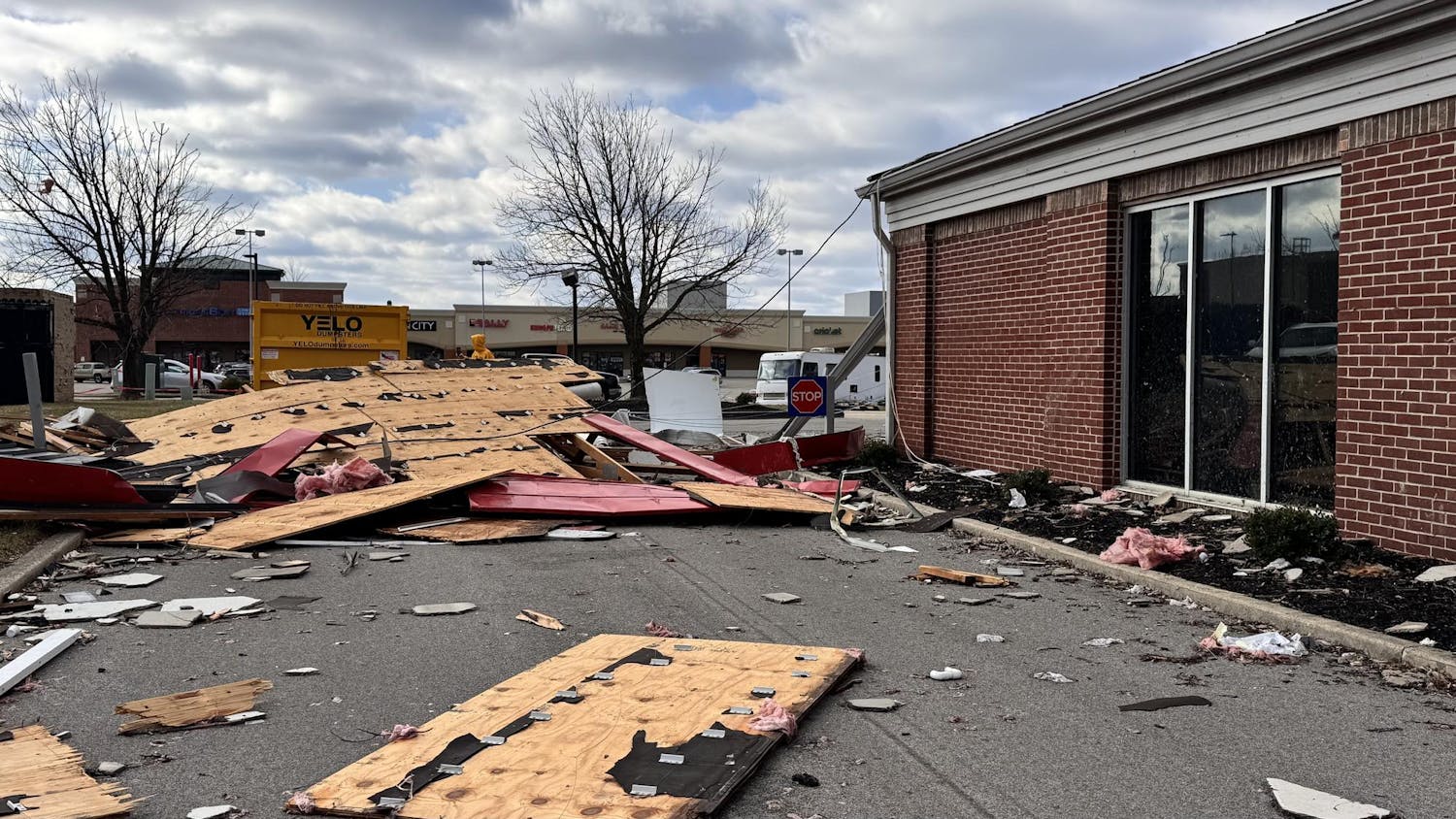Images of the thick dust clouds lingering over gaping craters at Ground Zero in New York City, the Pentagon in Washington D.C. and a field in Pennsylvania have been branded into the minds of every American.
These wounds left scars on the American conscience that defined our foreign policy going into the new century.
In the 18 years since the 9/11 attacks the United States has poured billions of dollars into an endless war in Afghanistan. That now continues at the expense of a generation that has no memory of the attacks.
It is time to end this war. However, this may be unlikely given war-hawks like former National Security Advisor John Bolton in President Trump’s inner circle continue to sow the seeds of war in the Middle East.
What was dubbed a war on terror became a neo-imperialist venture headed by the United States.
The conservative project of remaking the Middle East in the name of liberal democracy has done little but destabilize the region.
Journalist Jason Burke, author of Al Qaeda: The True Story of Radical Islam, explained back in 2004 that “every use of force” by the U.S. was “another small victory for Bin Laden.” The U.S. policymakers ignored such analyses and today, the risk of terror in the region is higher than it was before the Sept. 11 attacks.
This is not surprising given the role the U.S. has played in the region. The United States has been creating power vacuums and refugees. In Iraq, we helped create the Islamic State through ignorance and negligence. In Syria, we helped arm them by shipping weapons to rebels. In Libya, the U.S. overthrew the Lybian government leading to the horrific scenes of modern slavery that we recently saw.
Supporting the Saudi assault on Yemen has put millions at risk of starvation, a situation that will likely yield more terror and disruption. A similar critique can be made of U.S. interventions in Africa. Since the United States began its AFRICOM missions in 2008, the number of violent events on the continent has increased nearly tenfold.
The 9/11 commission reviewed the intelligence failures that allowed the hijacking to go under the radar. However, the report said nothing of the U.S. role in creating the desperate conditions that make anti-Western sentiment. Thus, anti-Western terrorism is a more likely outcome.
Conditions on the ground are often brought about by U.S. action. Many who are sympathetic to anti-Western terrorism often cite historic examples of the horrors the U.S. has inflicted on its victims. A common grievance is the genocidal sanctions imposed on Iraq throughout the 1990s that led to the deaths of over 500,000 children and the subsequent illegal invasion. Some cite the consistent diplomatic support for Israeli mistreatment of the Palestinians.
Others cite older U.S. crimes such as the Vietnam War, and installing the Shah in Iran in the 1950s. U.S. imperialism in the Middle East has spanned nearly every president since Eisenhower and is a bipartisan affair. None of this, of course, justifies slaughtering thousands of innocents as was done on 9/11 nor any similarly depraved act of terror.
But, if we are to be at all serious about fighting terrorism, we must understand its motivations and address the concerns of perpetrators where legitimate. The U.S. has been carrying out an imperialist project without regard for the well-being of the people of the Middle East and it must end.
Currently, the same warmongering that entangled the U.S. in Iraq and Afghanistan is being repeated with Iran. President Trump is beating the war drum with Iran, and conveniently in time for his re-election campaign – a year out from the 2020 presidential election.
Narges Bajoghli, an assistant professor of Middle East Studies at Johns Hopkins University, told Al-Jazeera, “And in this instance, we are seeing the same sorts of attributions begin again when in U.S. media they're talking a lot about threats from Iran and yet they're not providing much intel about that."
However, this time a war with a semi-nuclear power like Iran could prove more disastrous than a war against Saddam Hussein, who in reality, did not have any nuclear capabilities.
We need to rethink the United States' role in the Middle East and the world. In general, we should stop using our military might to reshape the world in our image. Instead, the U.S. should embrace and respect international institutions tasked with maintaining global peace and security.






